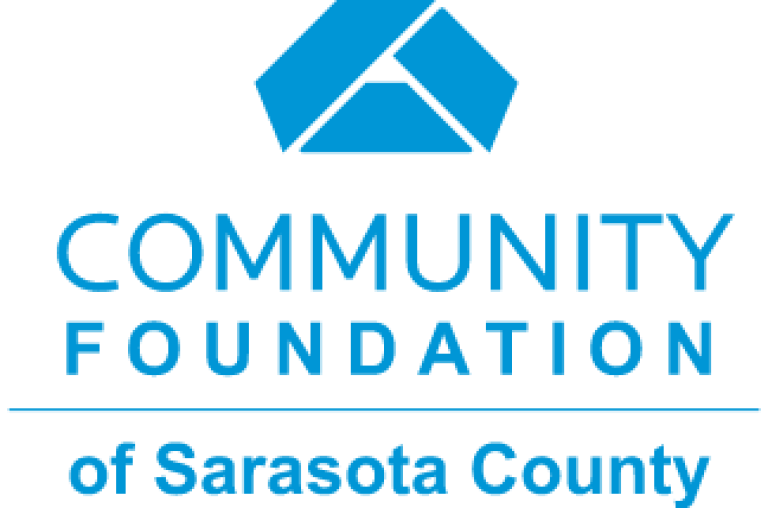February 1, 2024
Clarity and Curiosity
Category: Two-Generation Approach, CEO Message,
Some of you may recall that Frank Sinatra song, “On a Clear Day,” where he croons, “On a clear day you can see forever.” I’ve been thinking about that song lately as I’ve been contemplating the gifts that clear-sightedness can bring to the eye of the beholder.
As a tool for looking at our communities comprehensively and with clarity, our Community Foundation’s new Community Indicators Dashboard delivers a view of our region that we have not had before, affording us the opportunity to understand more deeply and visualize how the different components of community well-being overlap and intersect.
Heading into the Community Foundation’s third regional 2Gen Summit, insights from the Dashboard have helped us see our community in sharp focus: the bright spots, the areas of need, the way time has (and hasn’t) shifted dynamics among our most vulnerable neighbors, and where we may be headed.
While the dashboard covers four counties – Sarasota, Manatee, Charlotte and Desoto – as we scrutinized the data in Sarasota County, we discovered these surprising six statistics:
- More than one-third of all Sarasota County households live below the ALICE threshold. ALICE stands for Asset-Limited, Income-Constrained, Employed. Individuals at or below the ALICE threshold struggle to afford necessities like rent, food, transportation, childcare, and utilities.
- A quarter of all Sarasota County residents over 16 years old living in poverty are employed.
- One out of three households in Sarasota County are rent-burdened, which means that these households spend more than a third of their income on rent.
- Half of all students attending Sarasota County Schools qualify for free or reduced-price lunch.
- More than one in six adults in Sarasota County lack health insurance.
- Half of all middle and high school students in Sarasota County report feeling chronically sad or depressed.
The scale of need is sizable, and the numbers can feel daunting, especially when you consider that these are overall averages. Some pockets of Sarasota County contain a majority of these people who are struggling to get by despite having jobs. In many Sarasota County Schools, the number of children on free or reduced-price lunch exceeds 90 percent.
The families that have been impacted through our regional 2Gen (two-generation) strategies, which support children and the adults in their lives simultaneously and intentionally, live at a cross-section of need that involves economics, education, health, and social capital and mobility. Examining the data of our region has allowed us to fully realize the scope of needs that persist in our region and bolster the rationale for expanding 2Gen strategies here, which many nonprofit organizations have embraced.
Some numbers we’ve seen in our 12 years-plus of employing 2Gen strategies demonstrate the potential of this philosophy. Over the years, of the more than 300 parents who have participated in post-secondary pathways programs to gain a higher education and credentials, 80 percent have completed their programs, leading to careers that boost family income by an average of $7,000 a year.
When we consider that the two most reliable predictors of a child’s success in school and life are their parents’ educational attainment and income level, we can see that we’re moving in the right direction with initiatives that our community has collaborated on to help break intergenerational cycles of poverty.
We’ve had the chance to bear witness to the transformative impact of 2Gen strategies on these families, watching as parents gain agency, economic stability, and a sense of achievement that enables them to create a more promising future for their children.
In a sense, the 2Gen philosophy has dissipated clouds and given rise to a clear day, a beacon of hope in envisioning a brighter tomorrow.
I’m curious: As you consider our community’s future, what data points capture your attention—and why?
